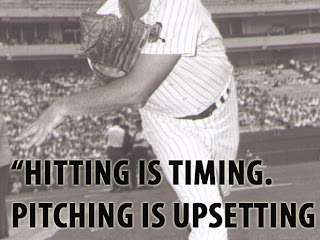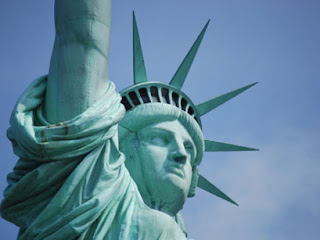
The English Revolutions
In June 1647 soldiers kidnapped the king and demanded that parliament pay their arrears, protect them from legal retribution, and recognize their service to the nation.
Those in Parliament who opposed the army’s intervention were impeached and when London Presbyterians rose up against the army’s show of force, troop move in town occupy the city.
The civil war, which had come so close to resolution in 1647, had now become a military revolution.
Religious and political radicals flocked to the army and encouraged the soldier to support their programs and to resist disbandment.
New fighting broke out in 1648 as King Charles encouraged his supporters to resume war.
But forces under the command of Sir Thomas Fairfax (1612 – 71) and Oliver Crompton (1599 – 1658) easily crushed the royalist uprisings in England and Scotland.
The army now demanded that Charles 1 be brought to justice for his treacherous conduct both before and during the war.
When the majority in the Parliament refused, still hoping against hope to reach an accommodation with the king, the soldiers again acted decisively.
In December 1648 army regiments were sent to London to purge the two houses of Parliament of those who opposed the army’s demands.
The remaining members, contemptuously called the Rump Parliament, voted to bring the king to trial for his crimes against the liberty of his subjects.
On 30 January 1649, Charles 1 was executed and England was declared to be Commonwealth.
The monarchy and the House of Lords were abolished and the nation was to be governed by what was left of the membership of the House of Commons.
The English Revolutions











